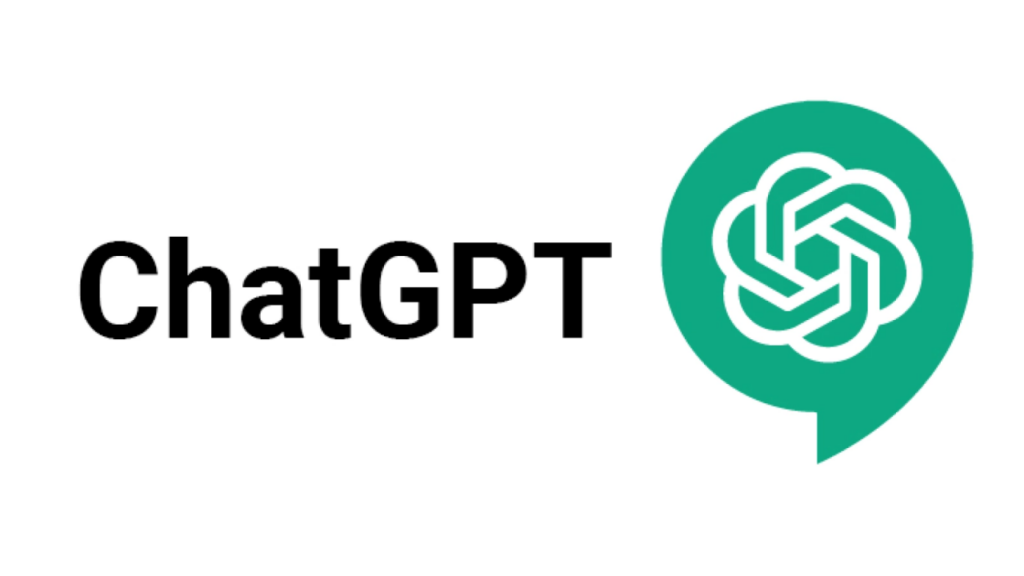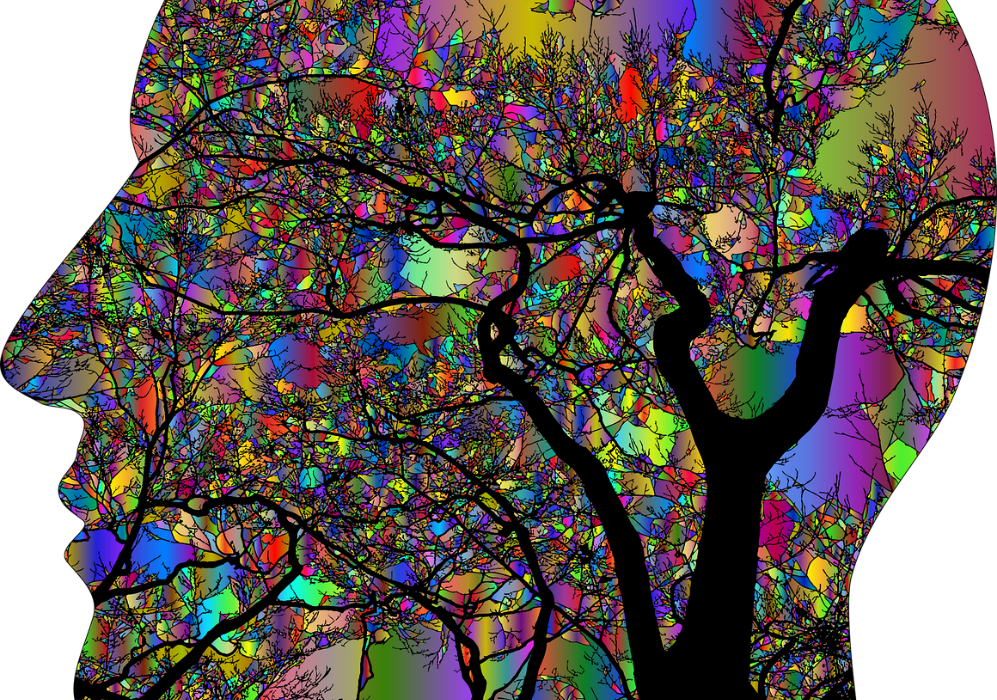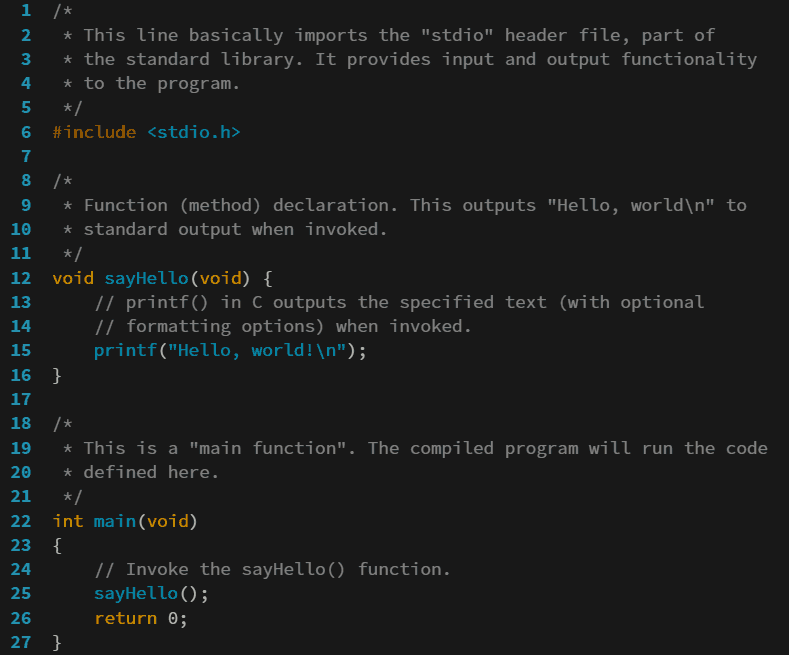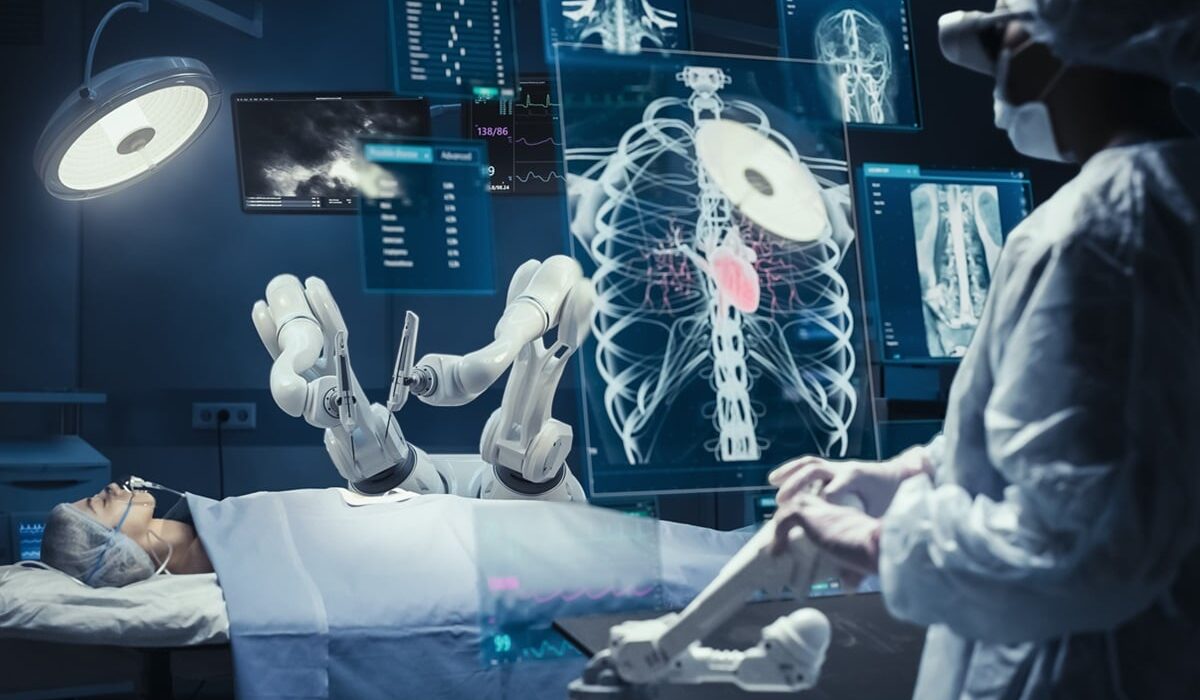Imagine walking into a hospital where machines not only assist doctors but also think alongside them. Where diseases are detected before symptoms even appear, where treatment plans are customized to each individual’s DNA, and where virtual assistants can comfort, guide, and monitor patients in real-time.
This is not a distant dream—it is the present reality shaped by Artificial Intelligence (AI). The fusion of medicine and AI is rewriting the very definition of healthcare, turning what was once reactive into something predictive, personalized, and profoundly human.
AI, at its core, is the ability of machines to learn, reason, and act intelligently. In healthcare, this intelligence is being harnessed to improve diagnostics, drug development, patient care, and hospital management. From analyzing billions of medical images to predicting heart attacks before they occur, AI is not just transforming medicine—it’s redefining what it means to heal.
Let’s explore ten of the most powerful ways AI is revolutionizing healthcare across the world.
1. Revolutionizing Medical Imaging and Diagnostics
Every second, millions of medical scans—X-rays, MRIs, CTs—are taken worldwide. Each image tells a story hidden in shades of gray, a story that can mean life or death depending on how quickly and accurately it is read.
AI algorithms, trained on millions of such images, can now spot patterns invisible to the human eye. They can detect minute tumors, subtle fractures, or the earliest signs of disease long before a radiologist might notice.
For example, AI systems developed by Google Health and DeepMind have demonstrated diagnostic accuracy in breast cancer detection that rivals, and sometimes surpasses, human experts. These systems analyze mammograms, reducing false positives and negatives—saving lives and reducing emotional stress for patients.
AI is also revolutionizing ophthalmology. Algorithms can scan retinal images to identify diabetic retinopathy, glaucoma, or macular degeneration with extraordinary precision. In dermatology, apps powered by AI can examine photos of skin lesions and determine whether they might be cancerous.
This is not about replacing doctors—it’s about empowering them. AI serves as an additional pair of eyes, a digital assistant that never tires, never overlooks, and never stops learning. Together, human judgment and machine intelligence form an unstoppable team in the quest for faster, more accurate diagnoses.
2. Predicting Diseases Before They Happen
What if we could predict a heart attack before it strikes? Or detect cancer before it spreads?
AI is making predictive medicine a reality. By analyzing vast amounts of data—genetic information, lifestyle habits, medical history, and even wearable device data—AI systems can identify risk factors and warn patients before diseases take root.
For instance, machine learning algorithms are being used to predict cardiovascular events based on subtle patterns in heart rate variability or blood pressure trends. In oncology, AI models can analyze genetic mutations and cellular data to forecast which patients are more likely to develop certain cancers.
In diabetes management, continuous glucose monitors powered by AI can predict blood sugar fluctuations hours in advance, allowing for better control and fewer complications.
Hospitals and health systems are also using predictive analytics to forecast outbreaks of infectious diseases, such as influenza or COVID-19, by analyzing population data, travel patterns, and environmental factors.
Predictive AI transforms healthcare from reactive to preventive. Instead of waiting for illness to strike, it empowers doctors and patients to act early—to prevent suffering before it begins.
3. Accelerating Drug Discovery and Development
Developing a new drug once took a decade or more, costing billions of dollars and countless lives waiting for cures. AI is changing that forever.
Traditional drug discovery involves sifting through enormous chemical databases, testing thousands of compounds in laboratories, and conducting years of trials. AI shortens this process dramatically by using predictive models to identify promising compounds in a fraction of the time.
By analyzing molecular structures, AI can predict how certain chemicals will interact with the body, which compounds are likely to be safe, and which might cause harmful side effects. This data-driven approach eliminates much of the guesswork that has long defined pharmaceutical research.
A landmark example came during the COVID-19 pandemic, when AI tools helped identify potential antiviral drugs in record time. Companies like BenevolentAI and DeepMind’s AlphaFold used AI to predict protein structures and design molecules faster than any human researcher could.
AlphaFold, in particular, has been hailed as one of the most significant breakthroughs in biology. It solved a fifty-year scientific mystery—predicting the 3D shape of proteins from their amino acid sequences. This discovery is accelerating the development of treatments for diseases ranging from Alzheimer’s to cancer.
AI’s ability to simulate human biology at the molecular level marks a new dawn in medicine, where lifesaving drugs can be discovered not in years, but in weeks.
4. Personalizing Treatment Through Precision Medicine
Every person’s body is unique. What works for one patient may fail for another. Traditional medicine often treats diseases in broad categories, but AI is leading the charge toward a new era—precision medicine, where treatments are tailored to individual genetic and biological profiles.
AI systems analyze complex datasets that include genetic sequences, blood biomarkers, and medical imaging to identify how a patient will respond to a particular drug or therapy. This allows doctors to select the most effective treatments while avoiding harmful side effects.
In oncology, for example, AI can help match cancer patients with the most promising immunotherapies based on their tumor’s genetic mutations. In neurology, AI is being used to design personalized treatment plans for epilepsy and Parkinson’s disease, optimizing medication schedules to reduce side effects and improve quality of life.
AI also supports physicians in monitoring treatment effectiveness over time. By analyzing real-time data from wearable devices, lab results, and imaging scans, it helps adjust treatment plans dynamically—ensuring patients receive exactly what their bodies need, when they need it.
The result is a healthcare model that is not only smarter but deeply humane—one that recognizes the individuality of every patient.
5. Enhancing Surgery with Robotics and AI Guidance
In the operating room, precision can mean the difference between life and death. Enter AI-driven robotic surgery—a blend of human expertise and machine perfection that is redefining surgical standards.
Modern surgical robots, such as the da Vinci Surgical System, use AI-enhanced imaging and motion tracking to assist surgeons in performing delicate operations. These machines can filter out human tremors, magnify microscopic details, and even predict optimal incision paths.
AI doesn’t replace the surgeon; it amplifies their capabilities. It analyzes real-time data from cameras and sensors to provide visual overlays, highlighting critical structures like blood vessels or nerves. This reduces the risk of complications and speeds up recovery.
AI-powered robots are also being used in remote or minimally invasive surgeries. In some cases, surgeons can operate on patients thousands of miles away using robotic instruments guided by AI and high-speed networks.
Training the next generation of surgeons is another benefit. AI-based simulation platforms can recreate real surgical scenarios, allowing doctors to practice in a safe, controlled environment.
The fusion of human hands and machine precision promises a future where surgeries are safer, faster, and less traumatic for patients worldwide.
6. Streamlining Hospital Operations and Resource Management
Hospitals are complex ecosystems—thousands of patients, endless data streams, and tight schedules that can make or break care quality. AI is quietly revolutionizing how these systems run behind the scenes.
Predictive algorithms help hospitals anticipate patient admissions, optimize staffing, and reduce wait times. AI systems can analyze historical data to forecast patient surges, ensuring that medical staff, beds, and equipment are available when needed.
In logistics, AI manages inventory and supplies—predicting when medications or materials will run low and automatically reordering them. It can even optimize ambulance routes, ensuring faster emergency response times.
Administrative burdens, one of the leading causes of physician burnout, are also being lifted. AI-powered natural language processing tools can transcribe doctor-patient conversations, summarize case notes, and update electronic health records automatically.
This means doctors can spend less time on paperwork and more time on what truly matters—caring for their patients.
AI isn’t just making healthcare smarter; it’s making it smoother, more humane, and far more efficient.
7. Empowering Virtual Health Assistants and Chatbots
Imagine a healthcare system where patients can receive guidance, reminders, and emotional support at any time—without waiting for an appointment. That’s the promise of AI-powered virtual assistants.
These digital companions, available through smartphones, websites, or smart speakers, use natural language processing to understand and respond to human speech. They can schedule appointments, remind patients to take medications, and answer common medical questions.
Chatbots like Babylon Health, Ada, and Buoy Health already help millions of people assess symptoms and decide whether they need to see a doctor. Some even integrate with wearable devices to monitor vital signs and alert users to potential health issues.
AI assistants can also provide mental health support. Apps like Wysa and Woebot use conversational AI to offer cognitive behavioral therapy (CBT) exercises and empathetic dialogue for users struggling with anxiety or depression.
These tools are not replacements for professionals, but they make healthcare more accessible, especially in underserved areas where medical resources are limited.
AI virtual assistants bring compassion and connection into the digital space, ensuring that no patient feels unseen or unheard.
8. Advancing Genomic Research and Gene Editing
Our DNA is the ultimate code of life—three billion letters long, containing every instruction that makes us who we are. Decoding and editing that code is one of science’s greatest challenges, and AI is the key unlocking its potential.
Analyzing genetic data is incredibly complex. AI algorithms can scan entire genomes faster than any human, identifying mutations that cause diseases or influence drug responses. This allows researchers to connect specific genes to specific conditions, paving the way for targeted treatments.
In the realm of gene editing, AI is enhancing CRISPR technology. By predicting how CRISPR will interact with DNA sequences, AI helps scientists design safer and more precise edits—minimizing unintended side effects.
AI also aids in understanding rare diseases. Many of these conditions are caused by obscure genetic mutations that can be difficult to detect. Machine learning models can identify these hidden patterns, bringing hope to families long left without answers.
This fusion of AI and genetics is moving us closer to curing inherited disorders, eliminating genetic diseases before birth, and one day perhaps even extending the human lifespan.
9. Transforming Mental Health Care
Mental health care is one of the most urgent needs of our time. Yet millions of people suffer silently due to stigma, lack of access, or cost. AI is helping bridge that gap.
AI algorithms can analyze speech, facial expressions, and social media behavior to detect early signs of depression, anxiety, or suicidal ideation. For instance, subtle changes in tone, word choice, or online activity patterns can reveal emotional distress long before a crisis occurs.
AI-powered apps like Replika, Wysa, and Woebot provide confidential, judgment-free spaces where users can talk, vent, and receive personalized coping strategies. These chatbots learn from user interactions to offer emotional support tailored to each individual’s needs.
Clinicians, too, are benefiting. AI tools can help psychiatrists track patient progress, identify triggers, and refine treatment plans. Some hospitals are experimenting with AI to predict mental health relapses, allowing for early intervention.
In this digital era, AI is becoming not just a tool for diagnosis, but a companion for healing—offering empathy, guidance, and hope where it’s needed most.
10. Powering Global Health and Pandemic Response
When COVID-19 shook the world, AI became one of humanity’s most powerful allies. From predicting outbreaks to designing vaccines, AI’s contributions were nothing short of historic.
AI-driven models tracked the virus’s spread across continents, predicting infection surges and helping governments allocate resources. Companies like Moderna used AI to design and test vaccine candidates at unprecedented speed, cutting years off traditional development timelines.
AI also analyzed massive amounts of public health data to identify new variants, optimize vaccine distribution, and guide policy decisions.
Beyond pandemics, AI continues to strengthen global health systems. It predicts malaria outbreaks using weather and satellite data, monitors antibiotic resistance, and helps deliver telemedicine services in remote areas where doctors are scarce.
The combination of data, machine learning, and global collaboration gives humanity a new shield against future crises—a defense built not from fear, but from knowledge.
The Future of AI in Healthcare: A Partnership of Minds
AI in healthcare is not about replacing doctors with machines. It’s about collaboration—a partnership between human empathy and machine intelligence. The doctor brings intuition, compassion, and moral judgment. The AI brings precision, pattern recognition, and boundless memory.
Together, they are transforming how we diagnose, treat, and prevent disease.
The challenges ahead—privacy, ethics, regulation—are real, but they are surmountable. With responsible innovation, AI can make healthcare more equitable, efficient, and humane.
Imagine a world where no disease goes undetected, no patient feels forgotten, and no doctor is overwhelmed. That world is being built right now—one algorithm, one discovery, one human heartbeat at a time.
Artificial Intelligence is not just changing healthcare; it is redefining what it means to heal, to care, and to be human in the age of technology.






